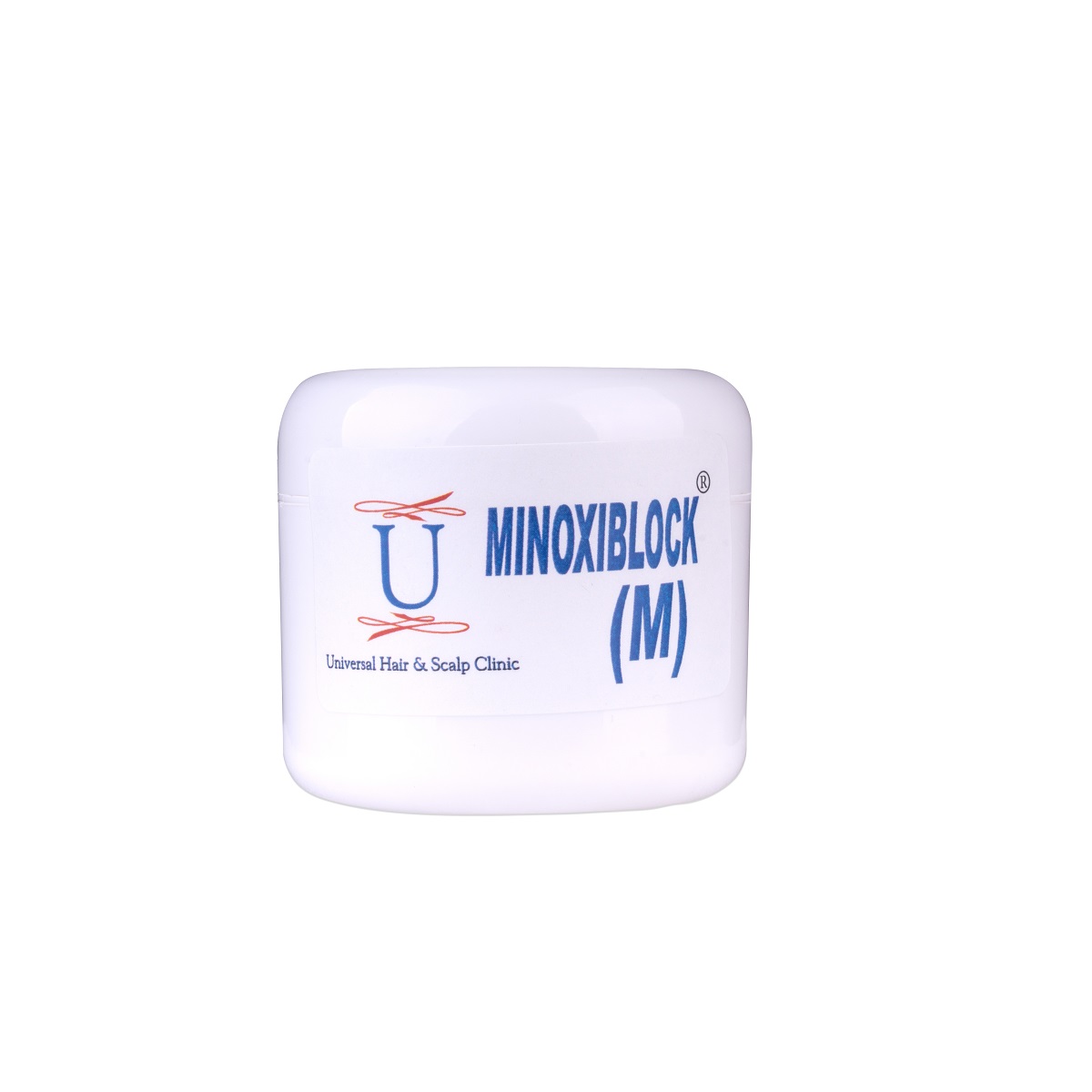Stress has been said to be one of the causes of hair loss, including a condition called alopecia areata (AA). Is there truth to this? Would you lose your precious locks if you are constantly under stress?
What Is Alopecia Areata?
Alopecia areata is a condition which is characterised by round bald patches on the scalp. These patches are usually small, measuring a few centimetres or less. However, these smooth bald spots can merge, thereby, appearing bigger.
The rate of hair loss in AA varies per person. For some, it takes place gradually, making it difficult to notice the problem during the early stages. There are also cases wherein the shedding happens quickly. Thus, the bald spots become visible immediately.
Alopecia areata typically affects just the scalp. However, other types of AA can affect other body parts with hair. The two known kinds of alopecia areata are alopecia totalis (AT) and alopecia universalis (AU).
Alopecia totalis is characterised by total loss of hair on the scalp. Those with this condition become bald. Meanwhile, in alopecia universalis, hair loss is experienced in other parts of the body including the eyebrows, eyelashes, underarms, arms, legs, etc.
Alopecia areata is a complicated condition in that it can be unpredictable. Some people experience only a single hair loss episode. However, most sufferers have multiple episodes – they lose their hair, grow it back, and lose it again. For others, their AA progresses into alopecia totalis or alopecia universalis.
Does Stress Cause Alopecia Areata?
Truth be told, scientists do not still know the exact cause of AA. Currently, alopecia areata is classified as an autoimmune disorder.
It is believed that to protect the body, the immune system mistakenly attacks the hair follicles, thinking that they are foreign invaders. Repeated attacks lead to miniaturisation of the follicles, and they eventually stop growing hair.
It is still not fully understood why the immune system reacts this way. So far, there are studies showing that genetics may play a role in AA. To be more specific, this hair loss condition is noted to be more prevalent amongst people with a family history of other autoimmune conditions like rheumatoid arthritis and type 1 diabetes.
But wait:
Having a close relative with an autoimmune disorder only increases one’s risk of developing AA. Hence, it doesn’t mean that you are automatically going to have alopecia areata. So, do not panic!
Experts say that certain environmental factors trigger the development of AA in people who are genetically predisposed to it. This is where stress comes in.
Stress has been noted to be one of the triggers of alopecia areata. There are anecdotal reports wherein sufferers claimed to be under an enormous amount of stress months or weeks before they started losing their hair.
These findings make some experts believe that the cause of alopecia areata is an interplay between genetics and environmental factors.
There is still no definitive explanation how stress brings about alopecia areata. For those making the association, their belief is rooted from the fact that, when the body is experiencing stress, it goes on a “fight or flight” mode.
What does this mean?
When the body is in a survival mode, essential body parts like the heart and kidneys are prioritised over non-essential ones like the hair and nails. The important ones become the primary recipients of resources like nutrients and minerals. In this case, since the follicles aren’t getting the nourishment they need, they stop producing hair.
Here’s the deal:
Most experts say that reports showing that stress triggers alopecia areata are still very few. More studies need to be conducted to prove or debunk this long-time belief.
What does this mean for you?
While studies have yet to prove that stress causes AA, it wouldn’t hurt to take measures to minimise stress in your life. After all, chronic stress isn’t just bad for your hair but also your overall health.
Moreover, you do not need to make drastic changes to combat stress. Small things such as getting enough sleep, spending time with friends or doing a hobby are effective in combating stress.
Lastly, if you notice that you are experiencing excessive hair shedding, see to it that you see a dermatologist or trichologist immediately. Keep in mind, when it comes to hair loss, the chances of getting better treatment outcomes increase when it is addressed during the early stages.
Are you worried that you have alopecia areata? We have trained hair and scalp specialists who can help you! Call us today on (0)1 6793618 to schedule an appointment.
—
Image by Free-Photos from Pixabay



